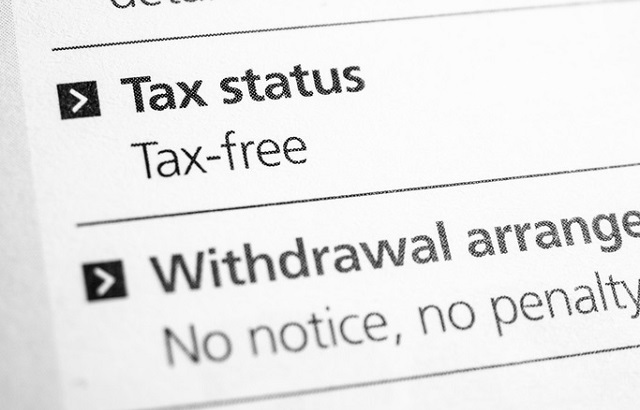South African tax residents who earn money by working abroad will be deeply disappointed by the government’s decision to push ahead with plans to scrap an exemption on paying income tax on overseas earnings.
Currently, South African tax residents working in another country for more than 183 days each year do not have to pay income tax on that money in South Africa.
But former finance minister Pravin Gordhan, in his February 2017 budget, said the double non-taxation was “excessively generous” and made moves to close the loophole.
Despite being sacked by then-president Jacob Zuma months later, Gordhan’s proposals were retained.
A glimmer of hope appeared at the end of January, when it was reported that the National Treasury would revisit the proposed changes “in the coming weeks”.
That seems to have come to naught, as Gordhan’s successor, Tito Mboweni, paid scant attention to overseas workers in his inaugural budget speech on 20 February.
Workshop consultation
The budget reiterated that, from 1 March 2020, South African residents who spend more than 183 in employment outside the country will be subject to South African taxation on any foreign employment income that exceeds ZAR1m (£545,000, $711,000, €627,000).
However, it has proposed that South African employers “be allowed to reduce their monthly local pay-as-you-earn (PAYE) withholding by the amount of foreign taxes withheld on the employment income”.
It is not entirely clear from the wording what this proposal means for those working overseas, as it seems to be more geared towards supporting South African employers.
Before any implementation, “a workshop will be held to consult taxpayers on their administrative concerns”.
The wording of the phase strongly suggests that there is little chance of reprieve.
Financial emigration
The move by the South African government has been heavily criticised by those it will hit most.
International Adviser recently interviewed two individuals who are going through the financial emigration process to prevent their overseas income from being liable for taxation in South Africa.
One was pursuing financial emigration “with a heavy heart”, while the other expressed frustration that the South Africa Revenue Service was targeting expats and not going after those in the country who were not paying tax.
The South African economy struggled in 2018 and it looks like 2019 will be more of the same.
Mboweni’s budget “papered over the cracks, the reality of a debt-to-GDP ratio that increases to 60.2% and a deficit that is higher at 4.5% of GDP leaves us in no doubt that the budget is credit negative and South Africa’s fiscal metrics have all deteriorated again”, observes George Herman, Citadel Director and chief investment officer.








